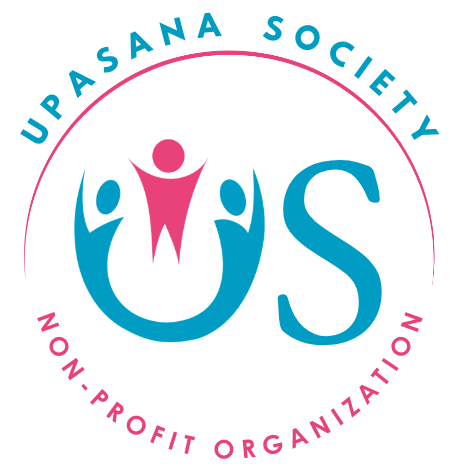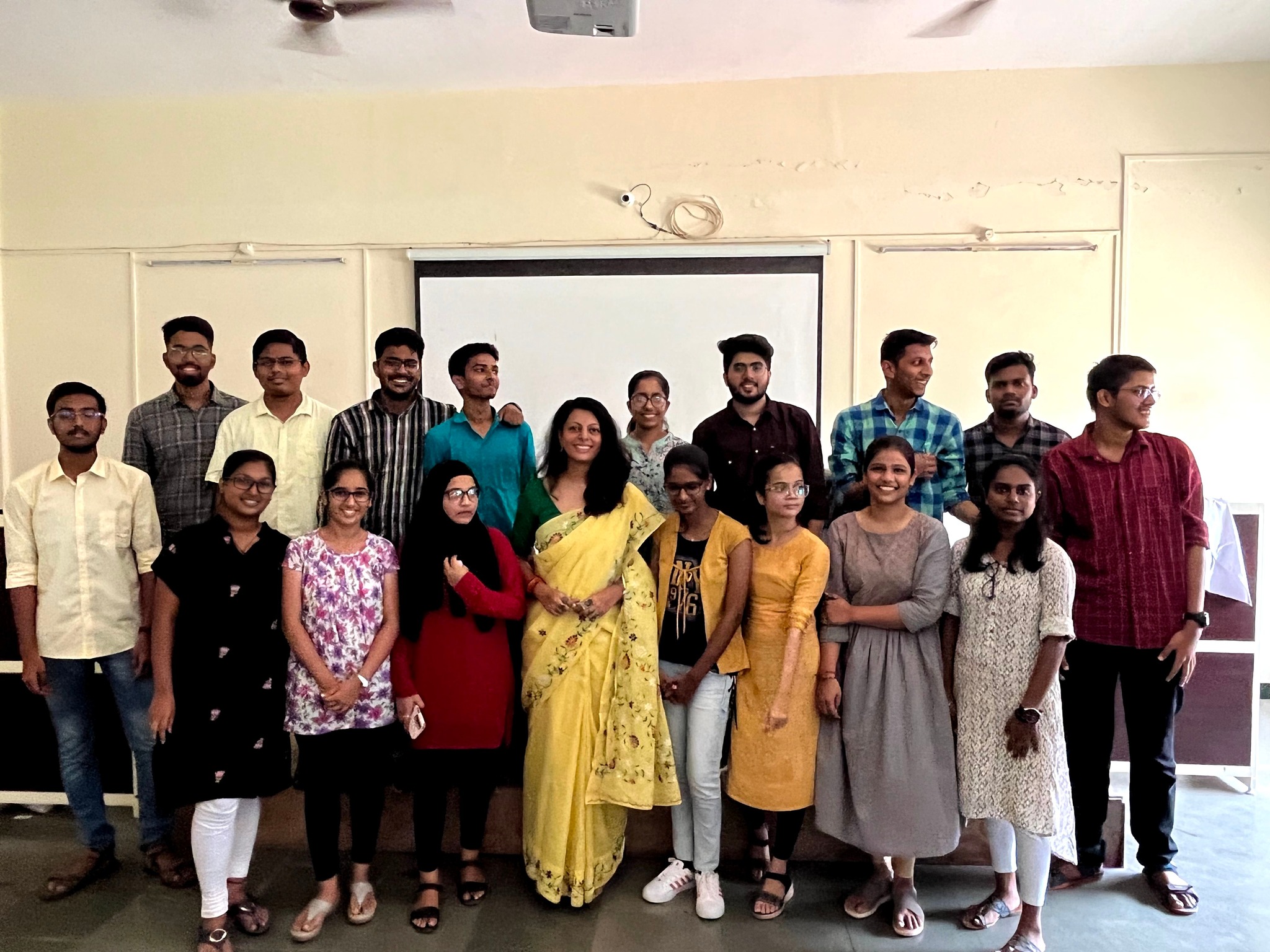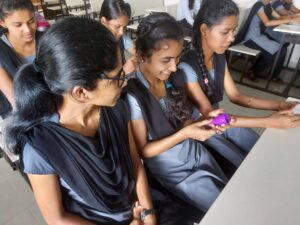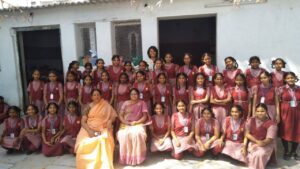Common Period Problems: Water Shortage & Lack of Access to Public Toilets
Objective of PeriodCupCause:
The primary objective of the #PeriodCupCause is to promote menstrual hygiene awareness among both men and women. We also extend our support to underprivileged individuals who often struggle to afford menstrual cups, which are not readily available in local medical stores and are primarily sold online, limiting their accessibility. To fund our campaign, we organize informative sessions in various settings, including cities, organizations, schools, colleges, and privileged communities.
Menstruation is a natural biological process that affects half of the world’s population. However, it often comes with challenges, especially for those in underserved communities. Two significant issues that many individuals face during their periods are water shortage and limited access to public toilets. Let’s delve into these problems and explore potential solutions.
Water Shortage:
Access to clean water is a fundamental human right, yet millions of people worldwide still lack it. In regions plagued by water scarcity, menstruating individuals face additional difficulties. Here’s how water shortage impacts menstrual hygiene:
- Limited Hygiene: Without adequate water, maintaining personal hygiene becomes challenging. Individuals may struggle to wash their bodies or reusable menstrual products properly.
- Inadequate Cleaning: Menstrual cloth, reusable pads, or menstrual cups require thorough cleaning to prevent infections. Water scarcity can lead to insufficient washing, increasing health risks.
- Stigma and Shame: The inability to clean adequately during menstruation can contribute to feelings of shame and stigma, perpetuating silence around the topic.
Solutions for Water Shortage:
Addressing the issue of water shortage in the context of menstruation requires a multi-pronged approach:
- Water Infrastructure: Governments and NGOs should invest in improving water infrastructure in underserved areas, ensuring clean and accessible water sources for all.
- Water-Saving Products: Promote the use of water-saving menstrual products like menstrual cups or period panties, which require less water for cleaning.
- Community Education: Educate communities on water conservation and proper menstrual hygiene practices to maximize limited resources.
Lack of Access to Public Toilets:
Access to safe and clean public toilets is essential for managing menstruation with dignity. However, many regions lack adequate sanitation facilities, particularly for women and girls. Here’s how this problem affects menstrual health:
- Privacy Concerns: Without access to private toilets, individuals often resort to unsafe and unhygienic alternatives, compromising their privacy and dignity.
- Health Risks: Open defecation or using inadequate facilities can lead to infections and hygiene-related health issues.
- Education Disruption: Inadequate toilet facilities in schools can force girls to skip classes during their periods, affecting their education.
Solutions for Lack of Access to Public Toilets:
To address the lack of access to public toilets, several strategies can be employed:
- Sanitation Infrastructure: Governments and organizations should invest in building and maintaining public toilets, especially in schools, public places, and underserved communities.
- Menstrual-Friendly Toilets: Design public toilets to be menstrual-friendly, with disposal bins, running water, and sanitary products available.
- Advocacy and Awareness: Raise awareness about the importance of menstrual-friendly toilets and advocate for their inclusion in public infrastructure projects.
- Community Involvement: Engage communities in toilet construction and maintenance to ensure long-term sustainability.
In conclusion, addressing water shortage and the lack of access to public toilets is crucial for improving menstrual hygiene and ensuring the dignity and well-being of menstruating individuals. Collaborative efforts from governments, NGOs, communities, and individuals are essential to create lasting solutions to these common period problems.
To delve deeper into how #PeriodCupCause is making a difference and to get involved, visit the campaign’s page #PeriodCupCause. Together, we can combat period poverty and ensure that every individual can manage their menstrual health with dignity and confidence.




